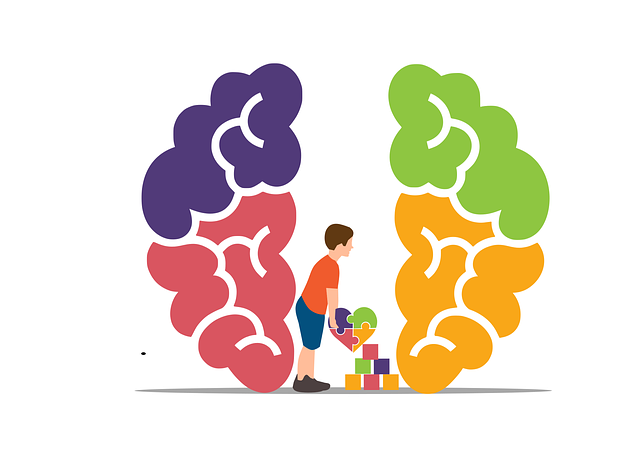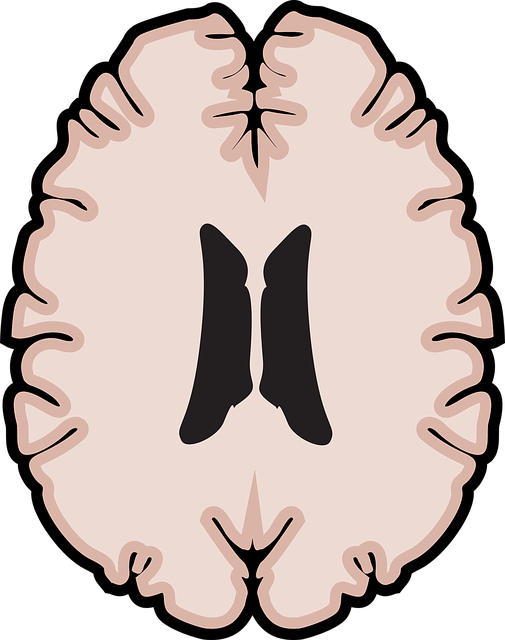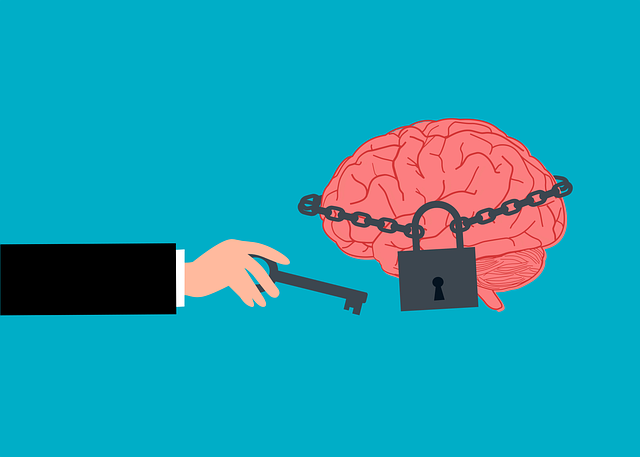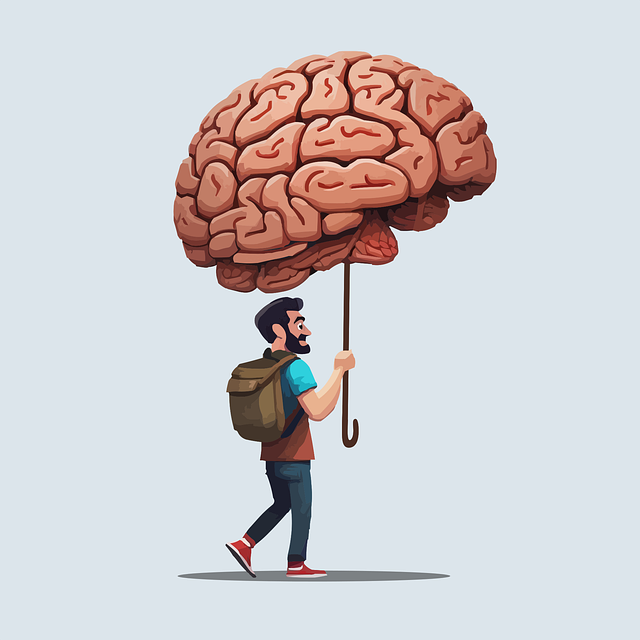Elderly mental health faces unique challenges, including elevated rates of depression and anxiety driven by stressors like financial worries, healthcare concerns, loneliness, and loss. Tailored stress management workshops offer an effective solution by providing interactive tools for self-care, peer support, and natural stress reduction techniques. These workshops incorporate gentle exercises, storytelling, art, and music to improve sleep, reduce hormones related to stress, and boost cognitive function while fostering a supportive community environment. Through clear communication, structured facilitative styles, and active listening, leaders create safe spaces for open dialogue. Evaluating the success of these workshops using mixed-methods ensures program effectiveness and sustainability in managing elders' depression.
“Stress management workshops play a pivotal role in addressing the unique challenges faced by the elderly, particularly regarding stress and depression. This article explores comprehensive strategies to combat these issues, offering valuable insights for organizations aiming to enhance senior well-being. We delve into the causes and profound effects of stress and depression on the aging population, highlighting the transformative power of workshops as a therapeutic approach.
Through expert guidance, we detail the design principles for engaging sessions, providing facilitation tips, and establishing metrics for evaluating success in senior stress management programs, focusing on effective therapy for elders’ depression.”
- Understanding Elderly Stress and Depression: Causes and Impact
- The Role of Workshops in Stress Management for Seniors
- Designing Effective Stress Relief Workshops for Elders
- Creating a Supportive Environment: Facilitation Tips for Workshop Leaders
- Measuring Success: Evaluating the Effectiveness of Senior Stress Management Programs
Understanding Elderly Stress and Depression: Causes and Impact

The elderly population faces unique challenges when it comes to stress and mental health, often experiencing heightened levels of depression and anxiety. Understanding these issues is crucial for developing effective support systems. Stress among older adults can stem from various factors. Financial worries, healthcare concerns, loneliness, and the loss of loved ones are common triggers. These factors can contribute to a sense of isolation and significantly impact overall well-being.
Depression in seniors may manifest differently than in younger individuals, often presenting as apathy, fatigue, or changes in sleep patterns. It is a serious condition that can lead to increased risk of physical health issues and even cognitive decline. Therefore, providing therapy for elders depression and promoting self-care practices are essential components of any stress management workshop designed for this demographic. Additionally, focusing on depression prevention strategies can empower the elderly to maintain resilience and improve their quality of life.
The Role of Workshops in Stress Management for Seniors

Stress management workshops play a pivotal role in improving the mental wellness of seniors, addressing issues like depression that often manifest in later life. These interactive sessions provide elders with valuable tools for coping with daily stressors and promoting self-care. Through engaging activities and guided practices, such as self-awareness exercises, participants gain insights into their emotional responses and learn effective strategies to manage stress levels naturally.
Workshops tailored to seniors can also foster a sense of community, offering peer support and a safe space for sharing experiences. This social aspect is crucial for preventing burnout, not just for seniors but also for healthcare providers who often juggle the unique needs of elderly patients. By incorporating techniques from mental wellness podcast series production into these workshops, facilitators can enhance engagement and encourage consistent practice of stress reduction methods, ultimately contributing to a higher quality of life for seniors.
Designing Effective Stress Relief Workshops for Elders

Designing effective stress relief workshops for elders involves tailoring activities and discussions to address unique challenges they face. Age-related stressors such as loneliness, health concerns, and financial strain can significantly impact mental well-being. Workshops should incorporate gentle exercises like mindfulness meditation, light yoga, or guided imagery to promote relaxation and combat depression, a common issue among older adults. These practices help reduce stress hormones, improve sleep quality, and foster a sense of calm.
Additionally, incorporating social interaction and shared experiences can enhance the workshop’s effectiveness. Group activities that encourage storytelling, art, or music can stimulate cognitive function, boost self-esteem, and cultivate positive thinking—crucial elements in managing stress. By fostering connections among peers, these workshops create a supportive environment where elders can learn from one another, gaining valuable tools to navigate life’s challenges with resilience and grace.
Creating a Supportive Environment: Facilitation Tips for Workshop Leaders

Creating a supportive environment is paramount for effective stress management workshops. Workshop leaders play a pivotal role in fostering an atmosphere that encourages open dialogue and emotional safety. To achieve this, leaders should adopt inclusive facilitative styles, actively listen to participants’ concerns, and validate their experiences. Utilizing techniques like active participation, icebreakers, and interactive exercises can help break the ice and create a sense of camaraderie among attendees. This approach not only eases tension but also ensures everyone feels comfortable sharing their thoughts and feelings.
In facilitating these sessions, leaders should prioritize clear communication and consistent structuring. Setting ground rules at the beginning, establishing a safe-space protocol, and outlining expectations for mutual respect and confidentiality can significantly enhance participants’ comfort levels. By combining these strategies with emphasis on positive thinking and mindfulness exercises, workshop leaders can effectively guide individuals towards burnout prevention strategies for healthcare providers, ultimately helping them navigate stress in their daily lives more skillfully.
Measuring Success: Evaluating the Effectiveness of Senior Stress Management Programs

Evaluating the success of stress management workshops for seniors is paramount to understanding their effectiveness. This process involves assessing both qualitative and quantitative data. Surveys, feedback forms, and post-workshop interviews can provide valuable insights into participants’ experiences and perceived benefits. Measuring improvements in mental health indicators such as reduced anxiety levels or increased life satisfaction can offer a quantifiable metric of success.
Additionally, long-term follow-up assessments are crucial to gauge the sustainability of acquired coping skills. By comparing pre- and post-workshop mental wellness metrics, organizers can design more impactful mental health education programs. This iterative approach ensures that workshops remain relevant and effective in addressing the unique challenges of eldercare, including the prevention and management of depression in older adults through the cultivation of robust coping skills development.
Stress management workshops play a pivotal role in providing therapy for elders suffering from depression, offering them practical tools to navigate life’s challenges. By understanding the specific causes and impacts of stress and depression in seniors, workshop organizers can design effective programs that foster resilience and well-being. Through creating supportive environments and utilizing evidence-based techniques, these workshops become powerful resources for enhancing the quality of life for older adults, ultimately contributing to successful stress management and improved mental health outcomes.














